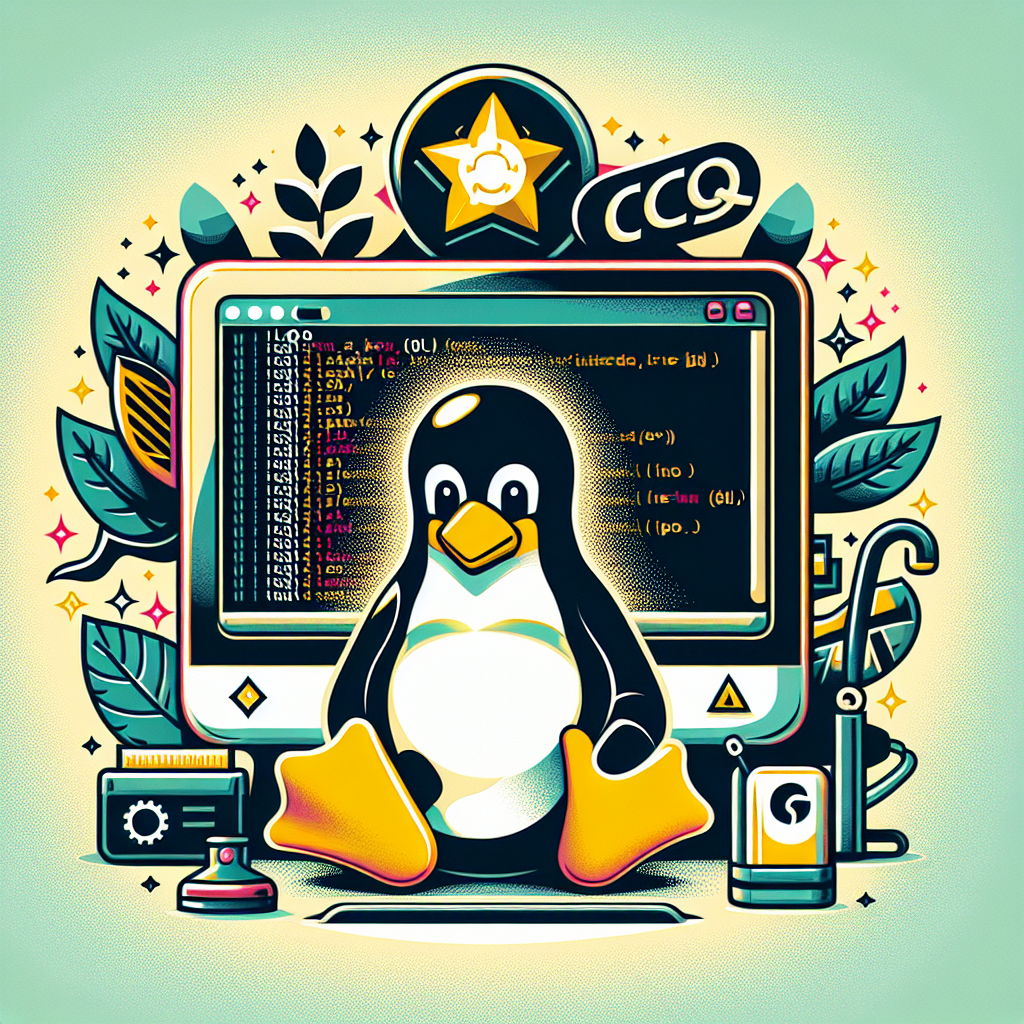jq command not found - Fedora

How to Install jq Command on Fedora
Welcome to this tutorial on installing the jq command on your Fedora system. jq is a lightweight and flexible command-line JSON processor that allows you to manipulate JSON data easily. Whether you are parsing JSON files, extracting specific data, or transforming JSON structures, jq is a powerful tool to have in your toolkit.
What is jq and What Does It Do?
jq is a command-line tool that is specifically designed for parsing, querying, and manipulating JSON data. It provides a simple and expressive language to perform various operations on JSON files. With jq, you can filter, map, transform, and format JSON data effortlessly, making it a valuable tool for developers, system administrators, and anyone working with JSON-based APIs or data.
Installation Process on Fedora
To install jq on Fedora, you can use the package manager dnf. Open your terminal and run the following command:
sudo dnf install jq
Once you enter your password and confirm the installation, jq will be downloaded and installed on your system. You can verify the installation by checking the version of jq:
jq --version
If you see the version information displayed, congratulations, you have successfully installed jq on your Fedora system!
Conclusion
In conclusion, jq is a versatile and efficient tool for processing and manipulating JSON data from the command line. By installing jq on your Fedora system, you gain access to a powerful JSON processor that can simplify your JSON-related tasks and workflows. Experiment with different jq commands and options to discover the full potential of this handy tool.
The Importance of Open Source Software
Open source software plays a crucial role in the technology industry by promoting transparency, collaboration, and innovation. It empowers individuals and organizations to access, modify, and redistribute software freely, leading to a vibrant and diverse ecosystem of tools and solutions. By supporting open source projects like jq, we contribute to a community-driven approach to software development that benefits us all. Let’s continue to embrace and advocate for the principles of open source software development.

